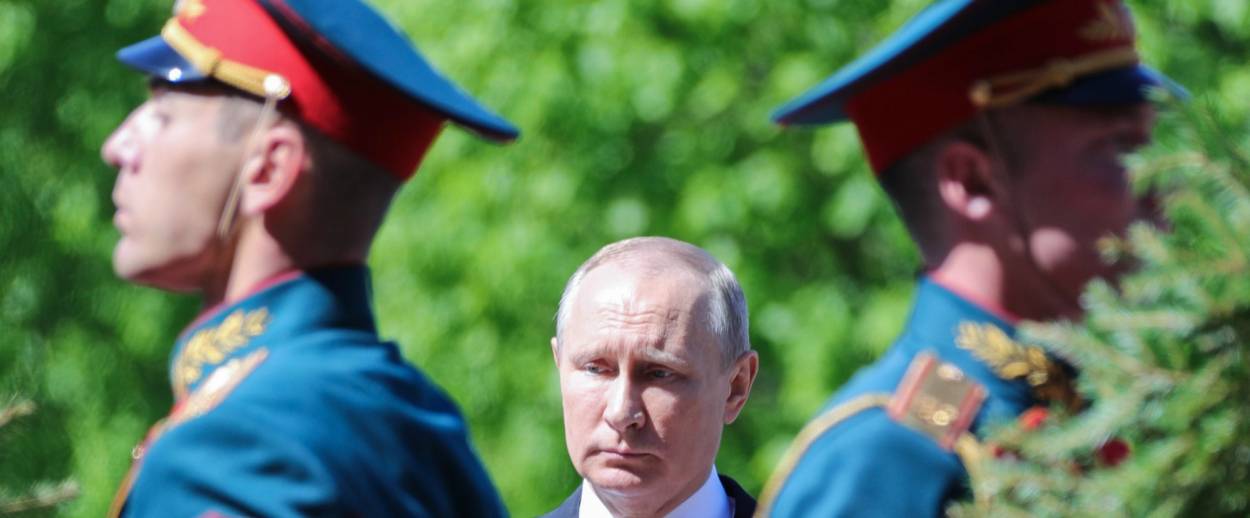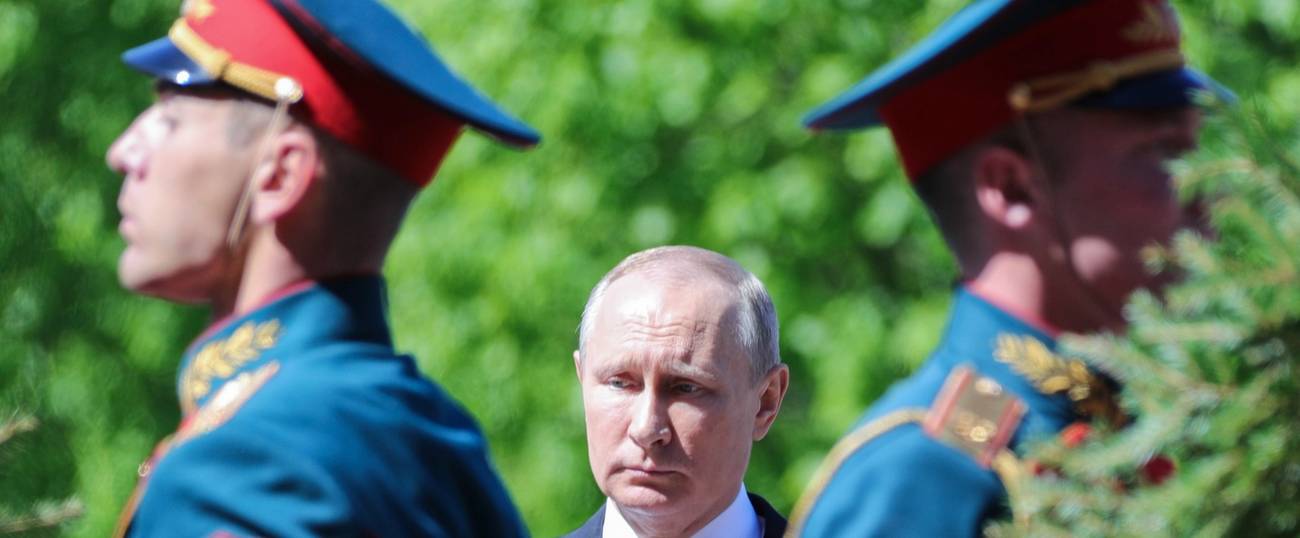Czech Republic Denies Asylum to Russian Convicted of Mentioning the USSR’s Collaboration With the Nazis
Another instance of historical revisionism in Putin’s Russia




Yesterday’s news that Czech authorities have denied an asylum request from Vladimir Luzgin, a Russian citizen convicted of arguing on social media that “Soviet collaboration with Nazi Germany in dismembering Poland had launched World War II”, was disappointing but not surprising.
The government of President Vladimir Putin, newly sworn in to his fourth term, has put WWII history at the core of the social compact with which it unites the citizenry of the Russian Federation. As Radio Free Europe reported, Luzgin’s conviction is “based on language in the law criminalizing the denial of facts recognized by the international military tribunal” in Nuremberg, Germany, after World War II, and the dissemination of “intentionally false information about the Soviet Union’s activities during World War II.” In the wake of his conviction, 39-year-old Luzgin had fled his home in the industrial Russian city of Perm, afraid of the repercussions after having been found guilty under Russia’s newly enforced statute which criminalizes the “rehabilitation of Nazism”.
The premise may seem absurd: The Molotov-Ribbentrop Pact, after all, is a widely known historical fact, and the nonaggression agreement between the Soviet Union and Nazi Germany did indeed divide Poland and helped launch the war. But Russia’s new law, even if it had only been selectively enforced to date, is further proof of the chilling of free speech and the assault on civic society under Putin.
Luzgin was informed by the Czech authorities of the decision about his asylum request at a meeting in the Czech Interior Ministry yesterday, with the ministry having ruled that his asylum application lacked grounds for approval. He now has two weeks to appeal the judgment.The Czechs, whose own country was invaded and occupied by the Nazis, have a reputation for being tougher than other European nations in their granting of refugee status. Still, it is a shame that a European country, and the Czech Republic especially, with its record of the historic uprising against the Soviet occupation in 1968, did not stand up symbolically to show solidarity in this incident of historical revisionism.
Vladislav Davidzon is Tablet’s European culture correspondent and a Ukrainian-American writer, translator, and critic. He is the Chief Editor of The Odessa Review and a Non-Resident Fellow at the Atlantic Council. He was born in Tashkent, Uzbekistan, and lives in Paris.